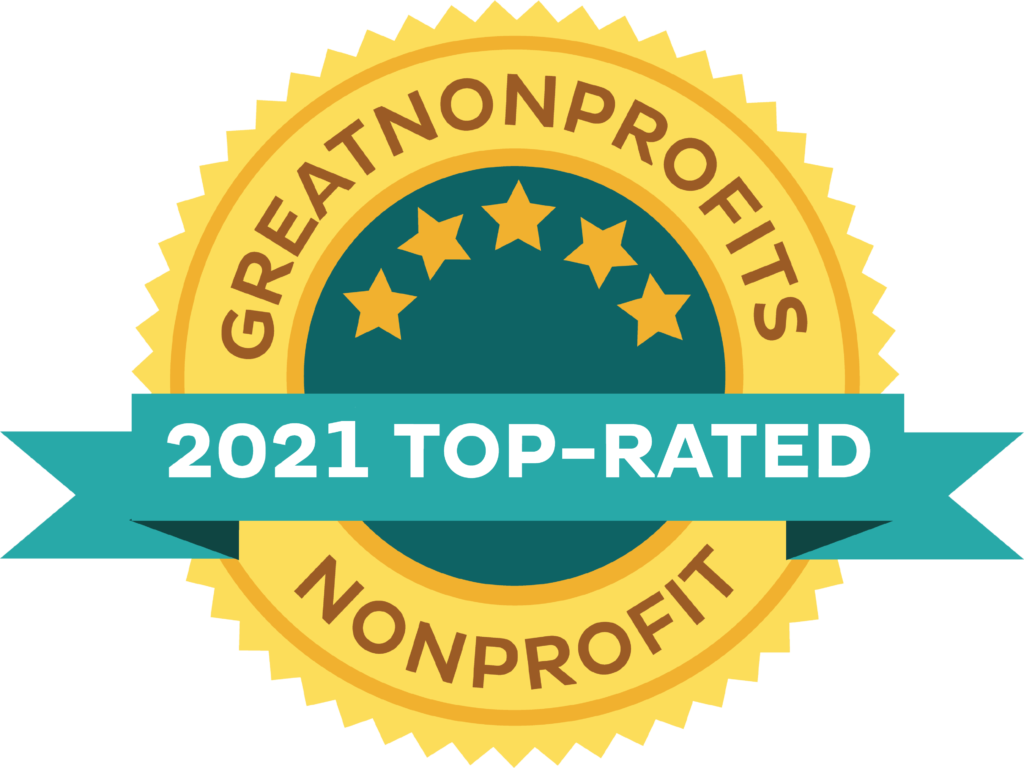Covid-19 Resources
> NDVH: Staying Safe During Covid-19 (Spanish)
> Tips For Helping A Friend Experiencing Domestic Abuse During Covid-19
> Tip Sheet on Remote Hearing – for Attorneys (ABA Commission on Domestic & Sexual Violence)
> Tip Sheet on Remote Hearings – for Parties (ABA Commission on Domestic & Sexual Violence)
Legal Resources for Domestic Abuse Victims and Survivors
This series of helpful PDFs and videos is designed to help self-represented litigants. Resources included: 10 Steps for Presenting Evidence, 10 Things to Know About Family Court, How to Gather Technology Abuse Evidence for Court, How to Navigate Custody Mediation in Cases Involving Domestic Violence, and 10 Ways to Find Help with Your Case. All of these resources are also available in Spanish.
> Legal help for abuse victims
WomensLaw.org, a signature project of the National Network to End Domestic Violence, provides plain-language, easy-to-understand legal information about laws related to protection orders, custody, immigration, and much more for 54 U.S. states and territories; much of this information is in Spanish as well. They also offer non-legal information about different forms of abuse, how to stay safe, and contact information for legal and non-legal resources in every state. They have a confidential Email Hotline where victims, their loved ones, and advocates can seek information in English or Spanish and receive an individually tailored response within one to five business days.
> Legal Guide To Family Court Issues
This guide focuses on the legal issues most commonly arising in family court, and includes both national and state legal resources for advocates and legal professionals working with survivors of domestic violence, as well as survivors who either may be representing themselves in protection order and family law proceedings or who are seeking legal referrals. Please note that the focus of this resource collection is civil legal issues rather than criminal legal matters. Issues addressed include obtaining protection orders against an abuser; filing for divorce; seeking custody of and/or visitation with minor children; and filing for child support. In addition, this collection includes a number of directories to assist in locating legal services for survivors in specific states, including legal aid organizations, paid attorneys, and volunteer attorneys, as well as information on how state laws and court procedures differ.
> Legal Resource Center on Violence Against Women
The Legal Resource Center on Violence Against Women (LRC) improves legal representation for domestic violence survivors. Specifically, the LRC obtains legal representation for domestic violence survivors in interstate custody cases, and provides technical assistance to domestic violence victim advocates and attorneys in such cases.
> Love is Respect
LoveIsRespect.org engages, educates and empowers young people to prevent and end abusive relationships. As part of its services, Love Is Respect offers legal help for youth surrounding the following issues: calling the police; documenting abuse; restraining orders; LGBTQ relationships and the law; help for undocumented immigrants.
> Immigrant Legal Resource Center
“The mission of the Immigrant Legal Resource Center (ILRC) is to work with and educate immigrants, community organizations, and the legal sector to continue to build a democratic society that values diversity and the rights of all people.”
> Social Justice Collaborative
SJC provides free representation to immigrants in immigration and criminal courts.
> National Housing Law Project
“The National Housing Law Project’s mission is to advance housing justice for poor people and communities.”
> Western Center on Law & Poverty
“Western Center was formed in 1967 by a passionate group of attorneys and legal scholars from USC, UCLA and Loyola law schools who sought to create a unique organization, driven by the belief that low-income Californians deserve the finest possible legal representation before every institution that shapes their lives.”
Non-Legal Domestic Violence Resources
> DeafLEAD
321-800-DEAF (3323)
> The Deaf Hotline
855-812-1001
> StrongHearts Native Helpline
1−844-762-8483
> CUAV: Free Remote Chatting/Counseling for LGBTQI+ Survivors
(415) 777-5500
> Trans Lifeline
877-565-8860
> National Parent Helpline
1-855-427-2736
> National Sexual Assault Hotline & Chat
800-656-HOPE (4673)
Resources for Attorneys and Advocates
> ASISTA
ASISTA centralizes assistance for advocates and attorneys facing complex legal problems in advocating for immigrant survivors of domestic violence and sexual assault. ASISTA’s clearinghouse offers samples and best practices, and consultants’ training services are available to enable service providers to more thoroughly do their work. ASISTA’s goal is to help service providers offer accurate and up-to-date help to immigrant survivors of domestic violence and sexual assault.
Can’t find what you’re looking for? Please let us know.


